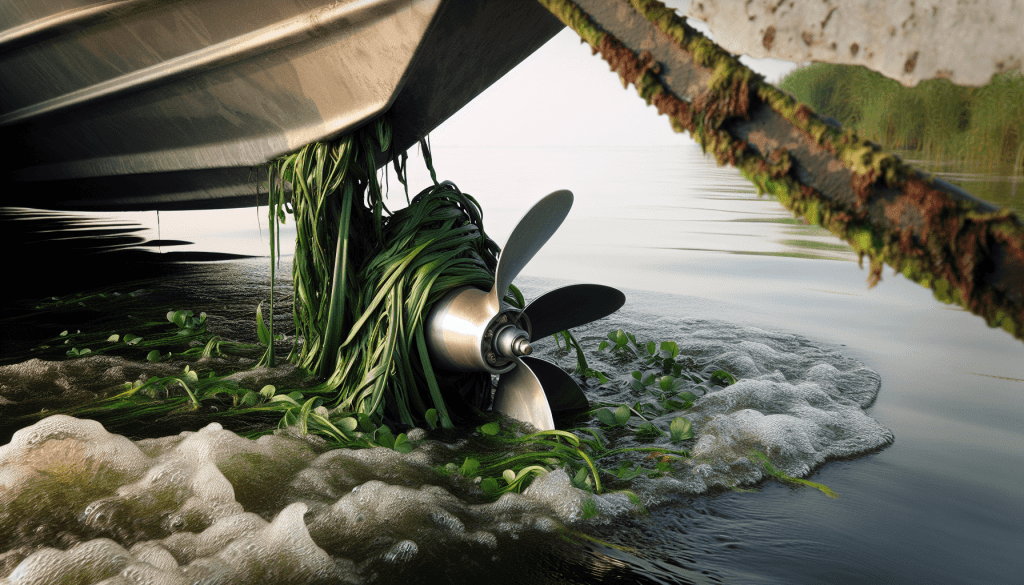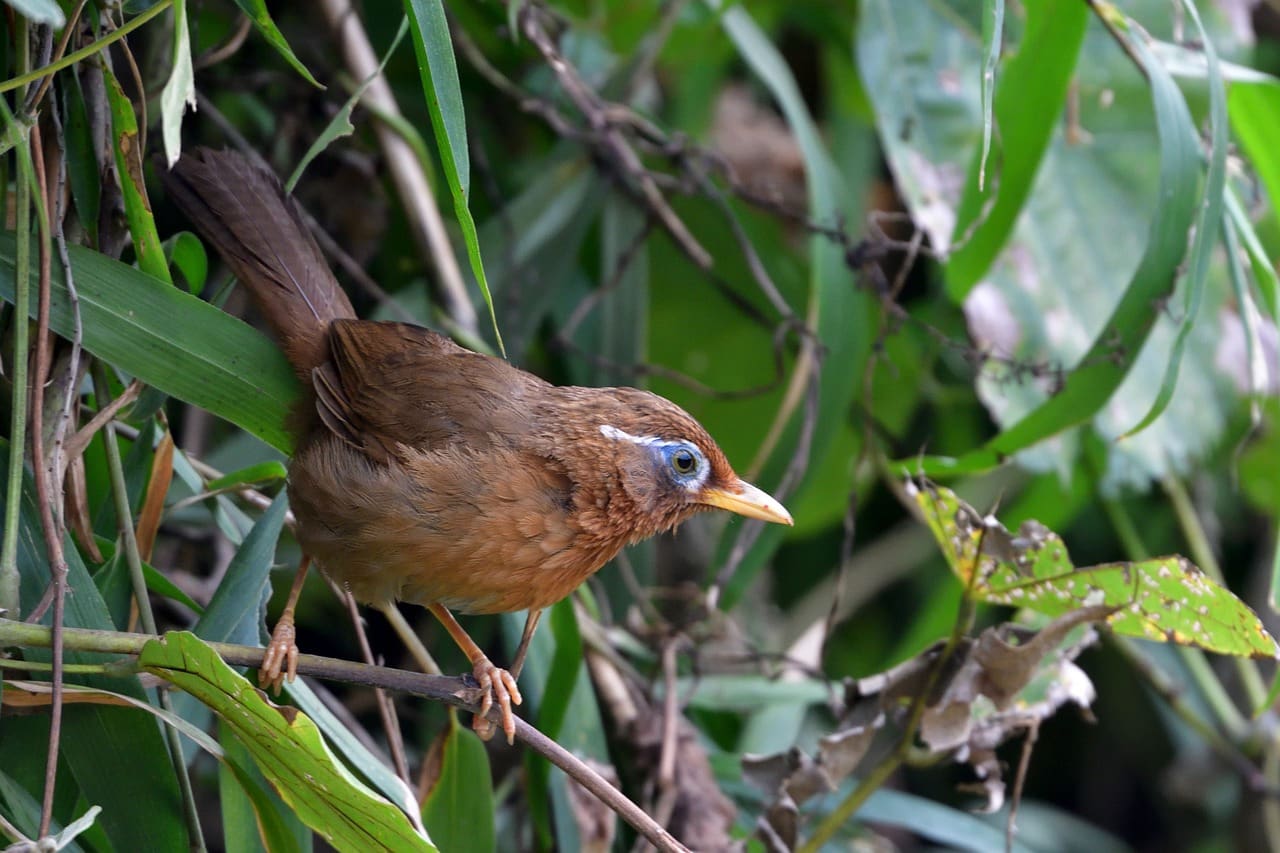In your efforts to enjoy the great outdoors while boating, ensuring you don’t inadvertently spread invasive species like alligator weed is crucial. This article on “Best Practices for Preventing Alligator Weed Spread by Boats” offers you essential tips and guidelines to protect our waterways. By following recommended cleaning procedures and inspection routines, you can play a significant role in conserving aquatic ecosystems and preserving the natural beauty for everyone to enjoy. Dive in to discover how you can make a positive impact while out on the water. Have you ever noticed some unusual plants hitching a ride on your boat after a delightful day on the water? It’s possible that one of those hitchhikers is alligator weed, an invasive aquatic plant that can cause serious ecological and economic impacts. If you own a boat or enjoy spending time on the water, it’s crucial to understand how to prevent the spread of this troublesome weed. This guide will take you through the best practices for keeping your boat and the surrounding waters free from alligator weed.
Understanding Alligator Weed
What is Alligator Weed?
Alligator weed is an aggressive and invasive aquatic plant native to South America. With its ability to grow in both aquatic and terrestrial environments, it’s recognized for its rapid spread and persistence. This hardy plant can form dense mats on water surfaces, disrupting ecosystems and making waterways nearly impassable.
Why is Alligator Weed a Problem?
This plant is more than just an eyesore. Its presence can drastically affect water flow, recreational activities, and biodiversity. Dense mats of alligator weed block sunlight, reducing oxygen levels in the water and threatening fish and other aquatic life. Furthermore, it can clog irrigation systems, exacerbate flooding, and reduce the quality of water for agriculture.
How Alligator Weed Spreads
Natural Spread
Alligator weed spreads both vegetatively and through fragmented pieces. Floodwaters, wind, and wildlife can inadvertently transport fragments downstream. Each small piece has the potential to take root and form new infestations, making natural spread very efficient.
Human-Assisted Spread
Humans play a significant role in the spread of this invasive species. Boats, trailers, and gear can easily pick up and transport alligator weed from one body of water to another. Even tiny fragments stuck to a boat hull or anchor can cause a new infestation in a previously unaffected area.
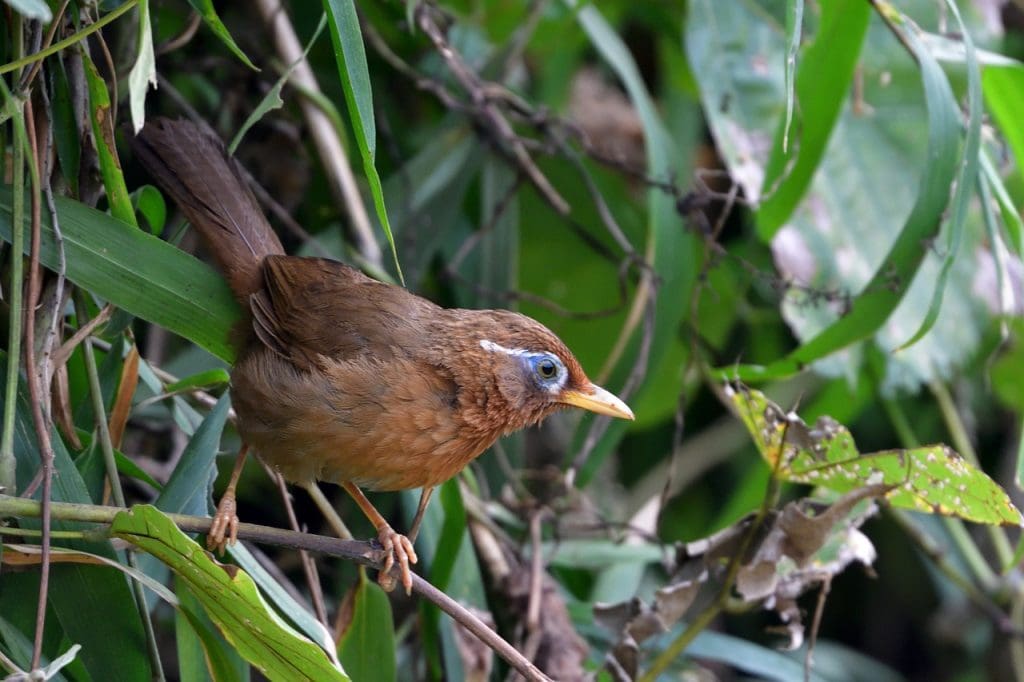
Best Practices for Boat Owners
Inspect Before You Leave
One of the simplest yet most effective steps you can take is to thoroughly inspect your boat, trailer, and gear before leaving a water body. Look for any plant material attached to the hull, propeller, anchor, or other equipment. If you find any, remove it carefully and dispose of it in a trash bin far from any water source.
Clean Your Equipment
After every boating trip, make cleaning your equipment a routine practice. Use a high-pressure hose or water pump to remove any residual plant material. Pay special attention to places where alligator weed might hide, such as the boat hull, trailer, and live wells.
Dry Your Boat
Allowing your boat, equipment, and gear to dry thoroughly can significantly reduce the chances of spreading alligator weed. The plant, like many other aquatic invasive species, cannot survive prolonged periods out of water. Ensure that everything is completely dry before heading to a new water body.
Effective Disposal Methods
Proper Trash Disposal
After removing alligator weed from your boat, make sure you dispose of it properly. Place the plant material in a sealed trash bag and throw it away in a designated disposal area. Never dump or compost the weed near any water sources, as fragments can easily make their way back to the water.
Composting Tips
If you’d prefer to compost the alligator weed, ensure it’s done far from any body of water. However, be very vigilant, as even small pieces can survive and regrow. Shred the plant material thoroughly and mix it with other compost materials to facilitate decomposition.
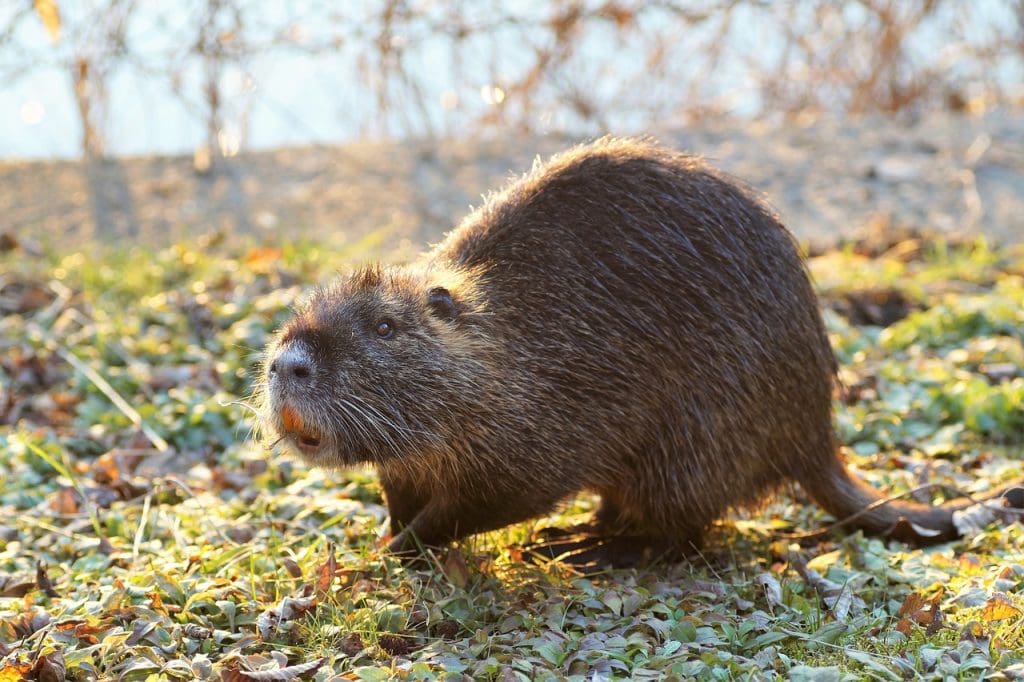
Educate and Advocate
Spread the Word
Educating others about the importance of preventing the spread of alligator weed can multiply your efforts. Share your knowledge with fellow boaters through conversations, social media, and local boating clubs. The more people are aware of the issue, the more effective our collective actions will be.
Participate in Clean-Up Initiatives
Joining or organizing local clean-up initiatives can help control the existing spread of alligator weed. Many communities host events focused on removing invasive species from local waterways. Your participation can make a significant impact and inspire others to join the cause.
Legal Regulations and Guidelines
Know the Laws
Many states and countries have laws and regulations aimed at preventing the spread of invasive species like alligator weed. Familiarize yourself with these regulations to ensure you’re compliant. Penalties for non-compliance can include heavy fines or even the confiscation of your boat.
Stick to Designated Launch Areas
Using designated boat launch areas can minimize the risk of introducing alligator weed to uncontaminated waters. These areas are often monitored and maintained to prevent the spread of invasive species. Always check if a boat launch is clean and weed-free before use.
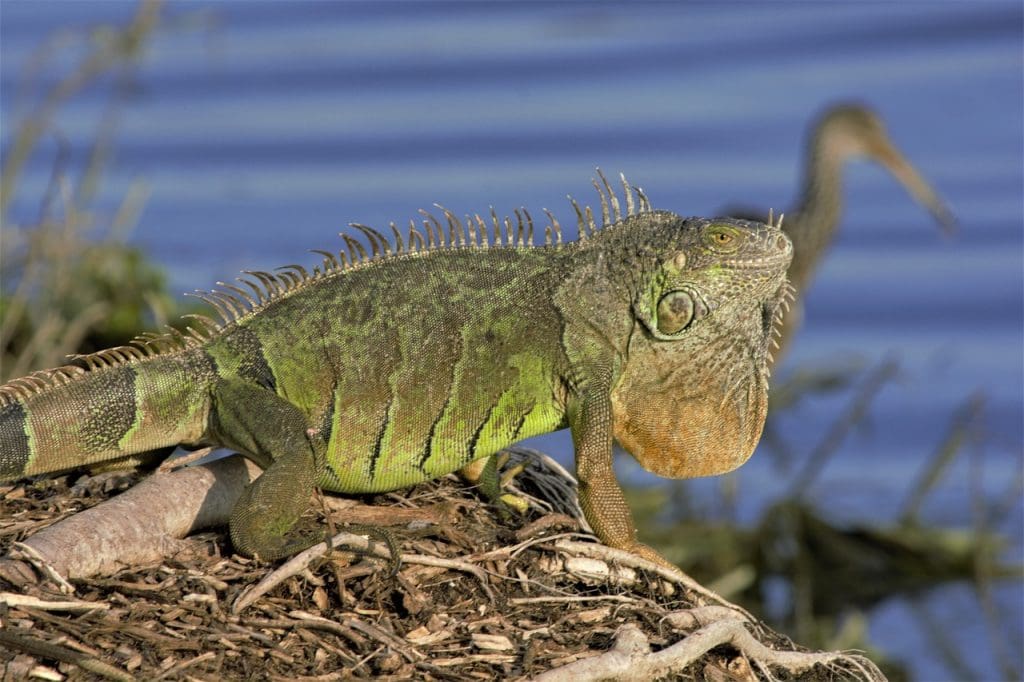
Conclusion
Preventing the spread of alligator weed by boats is a shared responsibility that requires consistent vigilance and proactive measures. By inspecting, cleaning, and drying your equipment, you can greatly reduce the chances of transporting this invasive plant. Proper disposal and community education further strengthen our defenses against alligator weed. Remember, every action counts in preserving the health of our waterways and natural ecosystems. So next time you head out on your boating adventure, take a moment to implement these best practices—and do your part in keeping our waters clean and free from alligator weed.
Summary Table
| Best Practice | Description |
|---|---|
| Inspect Before You Leave | Always check for plant material on your boat and gear. |
| Clean Your Equipment | Use a high-pressure hose to clean all parts of your boat. |
| Dry Your Boat | Ensure everything is completely dry before reuse. |
| Proper Trash Disposal | Place weed material in sealed bags and dispose of it properly. |
| Educate and Advocate | Share knowledge and participate in community efforts. |
| Know the Laws | Familiarize yourself with regulations in your area. |
| Stick to Launch Areas | Use designated boat launch areas to minimize spread risk. |
By adopting these practices, you can enjoy your time on the water and contribute to the well-being of aquatic environments. Happy boating!
